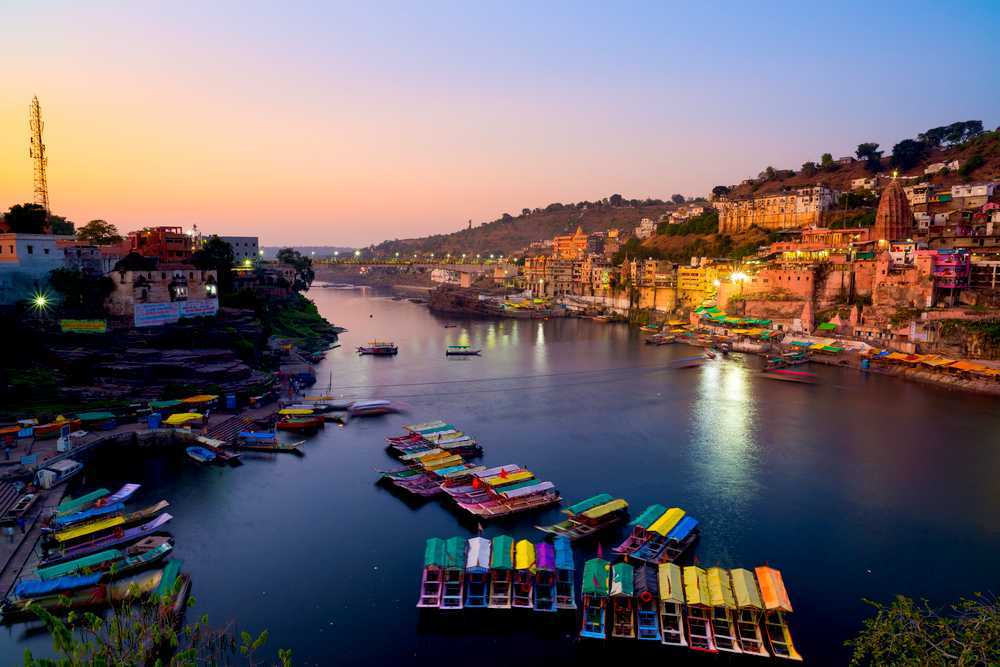

The city of Indore, situated in the heart of Madhya Pradesh, India, has a rich cultural and historical heritage that has contributed to its evolution as a tourism hub. Originally a trading center in the 16th century, Indore's tourism history can be linked to the era of the Maratha Empire under the reign of the Holkars. Rani Ahilyabai Holkar, one of the most revered figures in the history of the region, significantly influenced the cultural development of Indore. As the capital of her kingdom, she commissioned various temples and public works, which started attracting pilgrims and tourists early on.
In the 19th and 20th centuries, Indore continued to flourish under the Holkar dynasty, with developments that included the establishment of educational institutions, ornate buildings, and public amenities. The charm of Indore lies not just in its historical architecture and planning but also in its bustling bazaars, delectable street food, and vibrant festivals which have long drawn visitors from across India and around the world, solidifying its status as a major tourist destination.
With the advent of modern transportation and Indore's inclusion in the Indian railway network, tourism received a notable boost. Attractions like the Lal Bagh Palace, Rajwada, Kanch Mandir, and Central Museum became accessible to a broader audience, fostering both domestic and international tourism.
In recent years, Indore has been focusing on sustainable tourism practices and promoting new initiatives such as heritage walks and food tours to showcase its rich history and cuisine. The city has also been awarded the cleanest city in India title under the Swachh Bharat Mission, making it an even more appealing destination for tourists who value cleanliness and sustainable practices.
Furthermore, Indore's reputation as an education and trade hub has bolstered business tourism significantly, with numerous conferences, expos, and trade fairs taking place in the city regularly. The resulting infrastructural developments, including better hotels and convention centers, have concurrently benefited leisure tourism.
The implementation of smart city initiatives and digital technologies for tourism services is also changing the landscape of tourism in Indore. Tourists can now enjoy enhanced experiences with easier access to information, online booking systems, and mobile applications designed to guide visitors through the city's attractions.
In conclusion, Indore's history as a cultural and commercial center has paved the way for its emergence as a significant tourist destination. With ongoing developments and a focus on sustainable, innovative tourism practices, Indore is poised to continue its growth and uphold its rich heritage in the years to come.